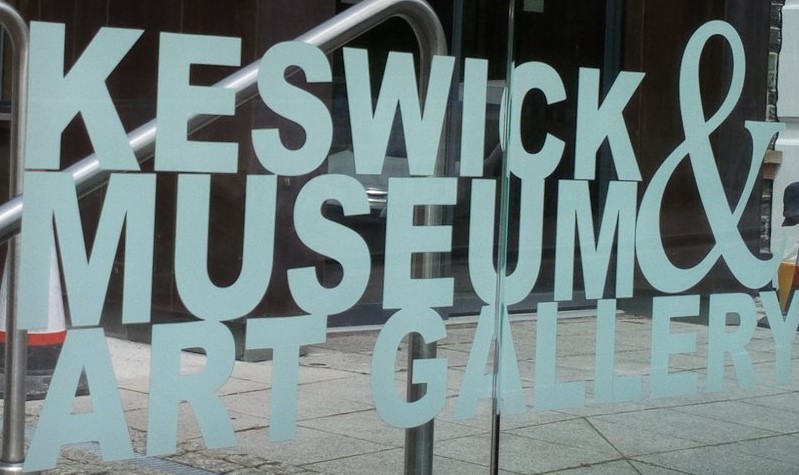
Navigating the Conundrum: The Challenges of Constrained Ticketing and Booking Software in Museums
Museums and galleries serve as gateways to the world of art, history, and culture, attracting diverse audiences seeking inspiration and knowledge. However, behind the scenes, these cultural institutions often grapple with a formidable challenge – the limitations imposed by ticketing and booking software.
The report, “Research into Admissions Pricing Policy in Museums and its Impact” published recently by DC Research and Durnin Research Ltd*, explore admission policies and pricing strategies in the UK museums sector, however, it would be interesting to ascertain whether the Museums technology systems, in particular their ticketing solutions prohibit them from extending the pricing strategies they would like to adopt.
In this blog post, we’ll explore the hurdles museums face when their software restricts their ability to adjust prices, upsell, and cross-sell.
- Inflexibility in Pricing Structures:
One of the primary challenges arises when ticketing and booking software lack the flexibility needed to adjust prices dynamically. Museums and galleries often host temporary exhibitions, events, or special programs, each with its unique value proposition. Fixed pricing models can undermine the institution’s capacity to optimize revenue by tailoring prices to the perceived value of each offering.
- Stifled Revenue Streams:
Upselling and cross-selling opportunities are crucial for museums and galleries to enhance their revenue streams. When ticketing software lacks features that enable the promotion of add-ons such as guided tours, workshops, or exclusive access packages, institutions miss out on a significant source of income. These missed opportunities can also impact the overall visitor experience, limiting the depth of engagement with the cultural offerings.
- Limited Personalisation:
Understanding the diverse preferences and behaviours of museum-goers is essential for creating personalised experiences. Unfortunately, some ticketing and booking systems fall short in providing the necessary tools for personalization. Museums and galleries may struggle to tailor promotional offers or recommendations, hindering their ability to connect with visitors on a more individualized level.
- Responsive Marketing Challenges:
Successful marketing strategies often require adaptability to changing circumstances, trends, or visitor demographics. When ticketing software lacks the agility to swiftly adjust marketing initiatives, museums and galleries may find it challenging to respond to evolving market conditions or capitalize on emerging opportunities, ultimately impacting their ability to reach new audiences.
- Customer Dissatisfaction:
The ultimate consequence of rigid ticketing and booking systems is often customer dissatisfaction. Visitors who feel that pricing is inflexible, or that they are not being offered relevant add-ons, may perceive the experience as impersonal and one-size-fits-all. This dissatisfaction can lead to decreased repeat visits and negative word-of-mouth, potentially harming the institution’s reputation.
Conclusion:
In the dynamic world of museums and galleries, where creativity and innovation flourish, ticketing and booking software should be a tool that enhances rather than hinders. Overcoming the challenges posed by inflexible pricing structures, limited upselling and cross-selling opportunities, personalisation constraints, and marketing challenges is crucial for cultural institutions to thrive. As technology continues to evolve, the integration of more flexible and responsive ticketing solutions will play a pivotal role in ensuring museums and galleries can adapt to the ever-changing landscape of cultural engagement.
*The Association of Independent Museums (AIM) and partners Arts Council England (ACE), Museums Galleries Scotland (MGS), the Welsh Government, the National Museum Directors’ Council (NMDC), and the Art Fund commissioned DC Research Ltd working in partnership with Durnin Research Ltd to deliver ‘Research into admissions pricing policy in museums and its impact’.